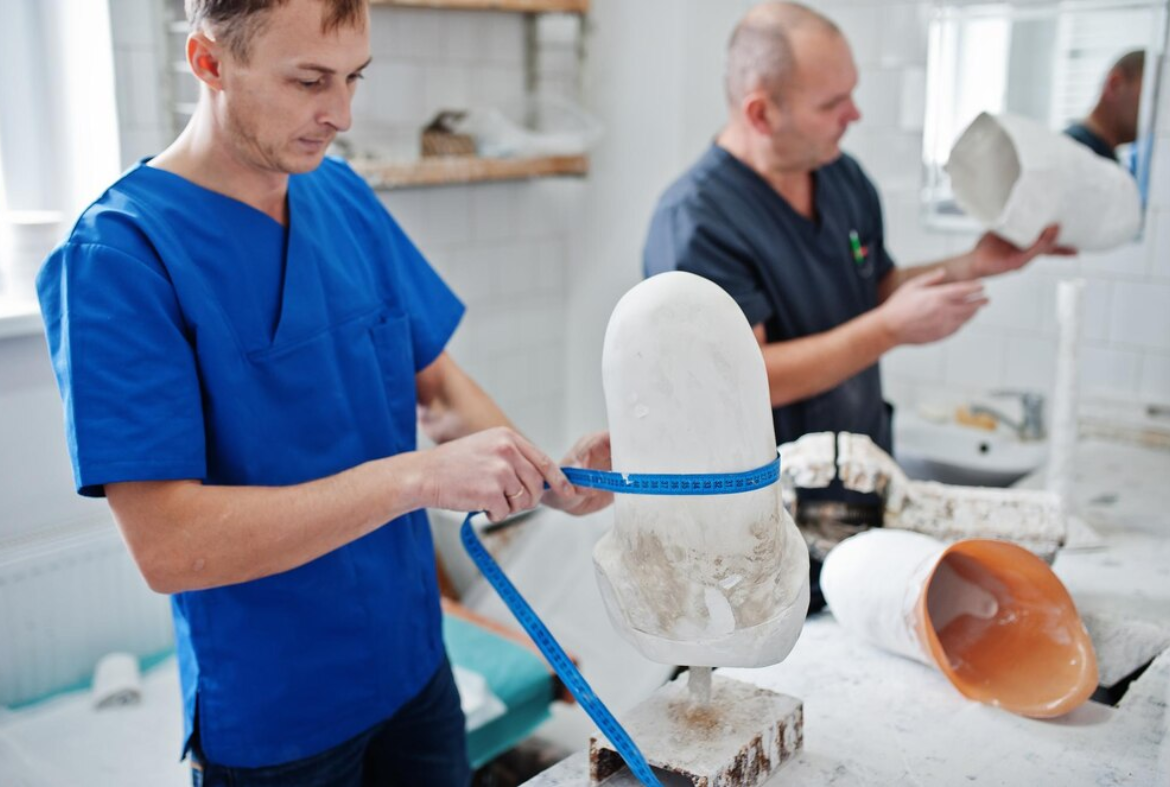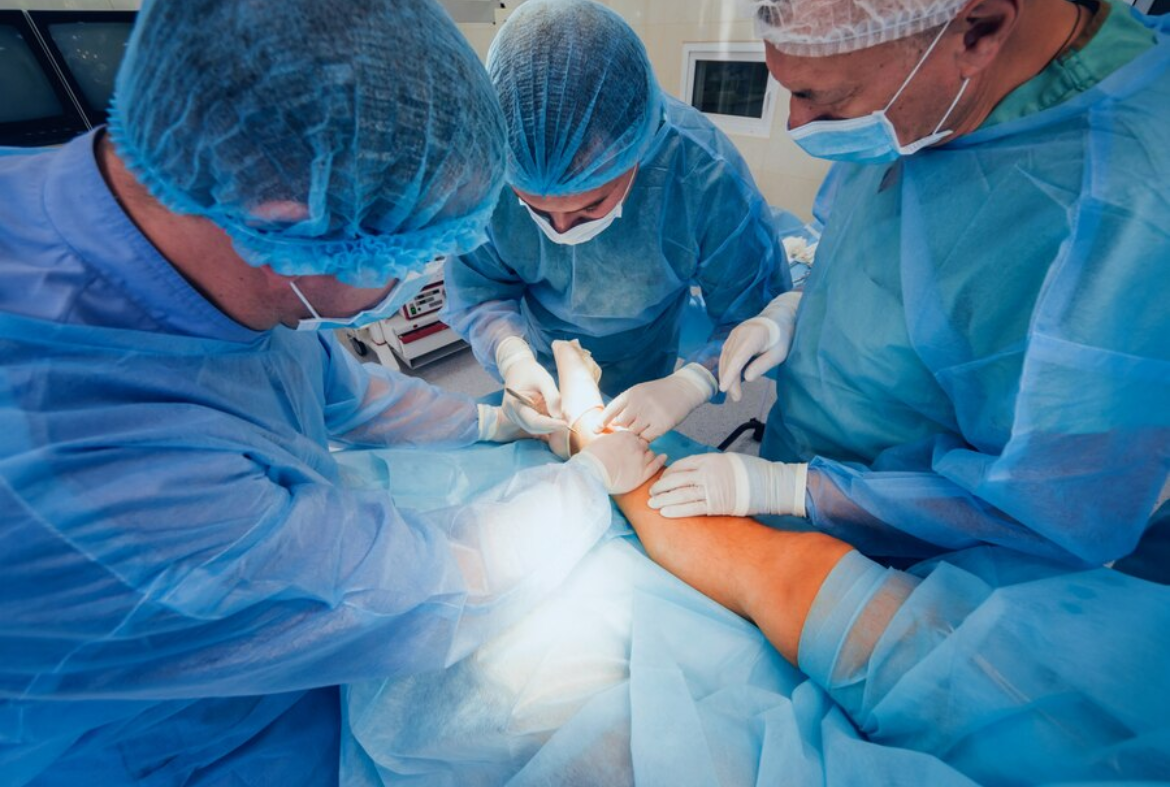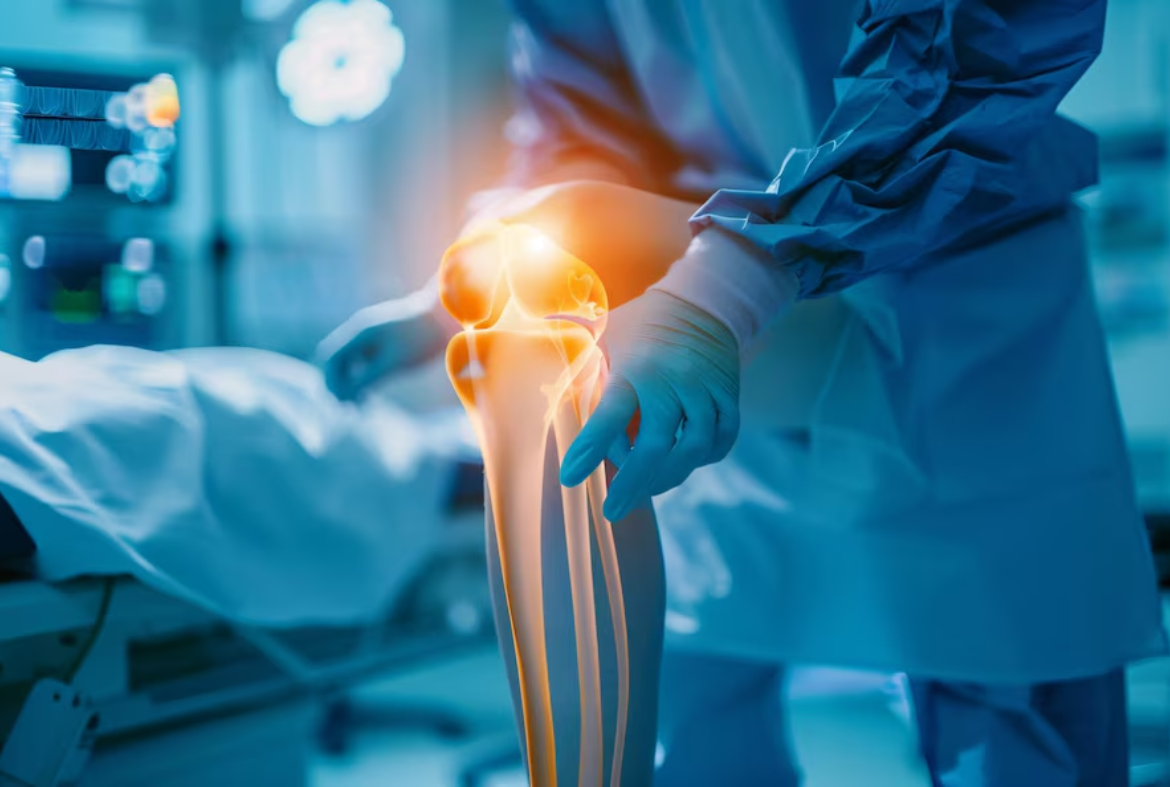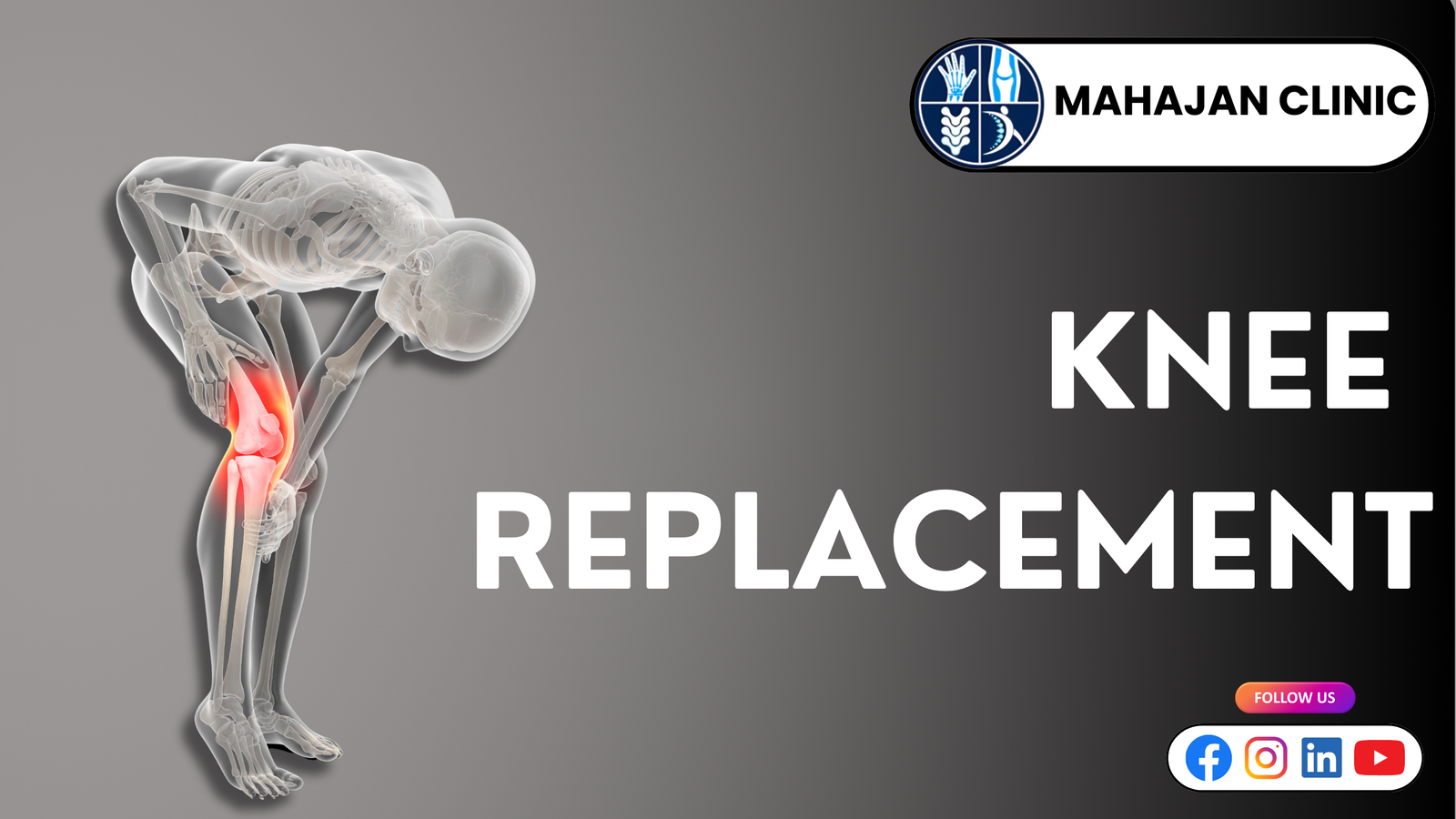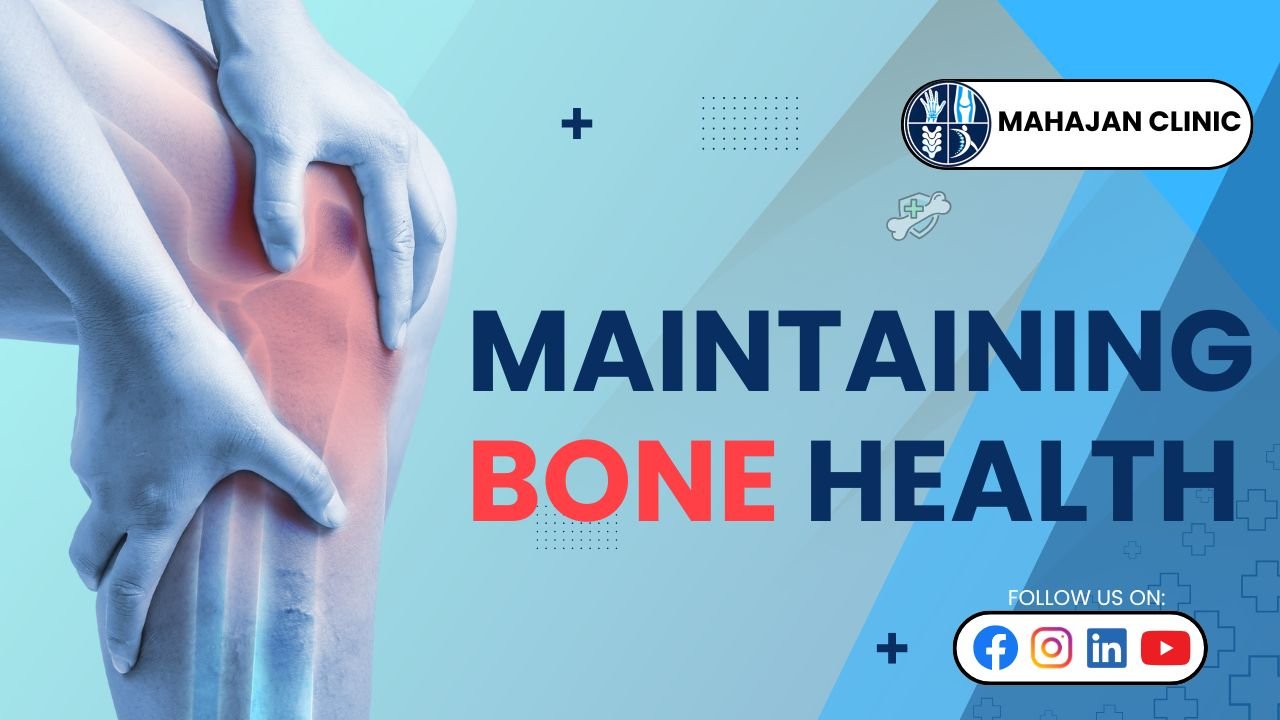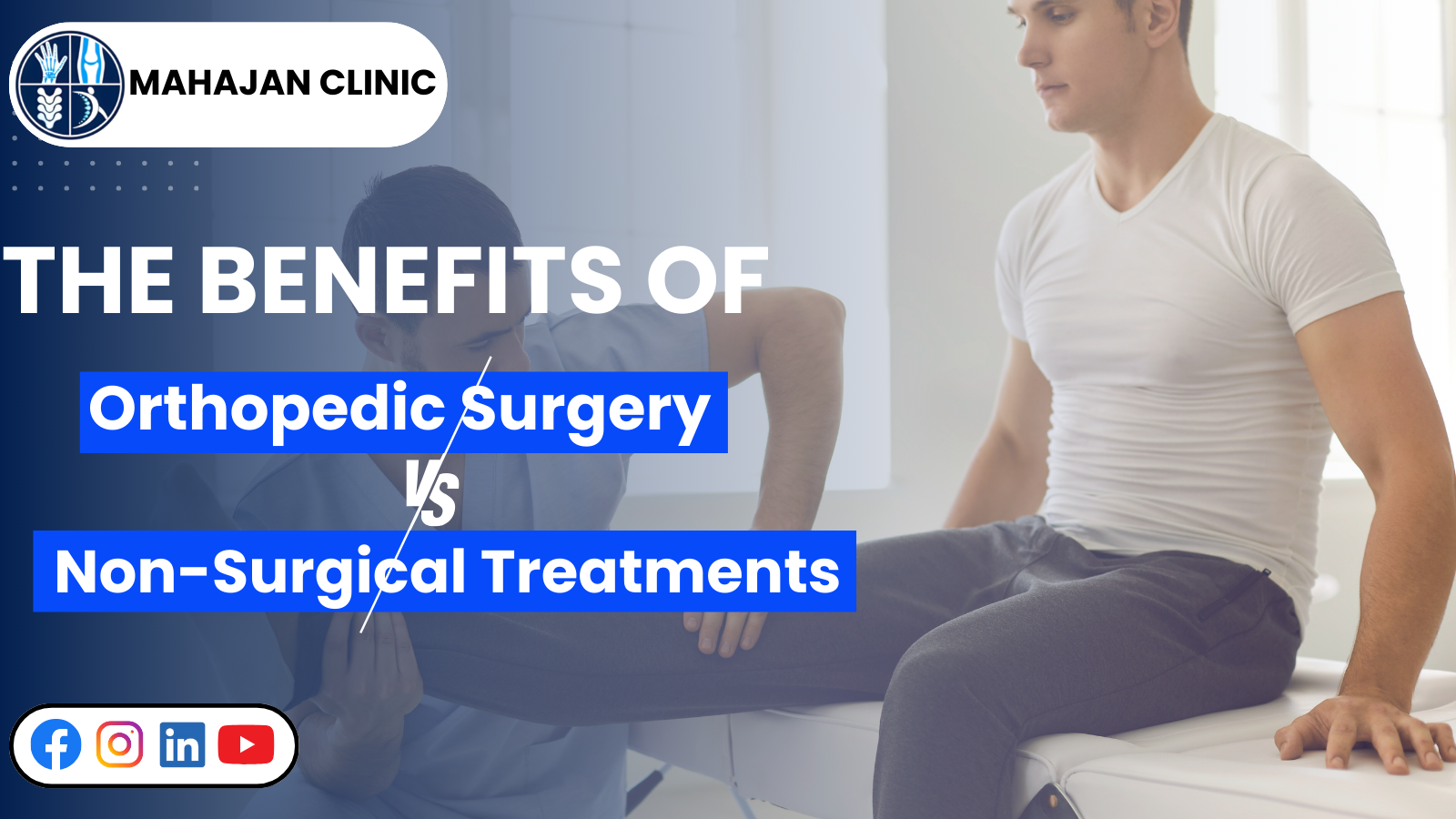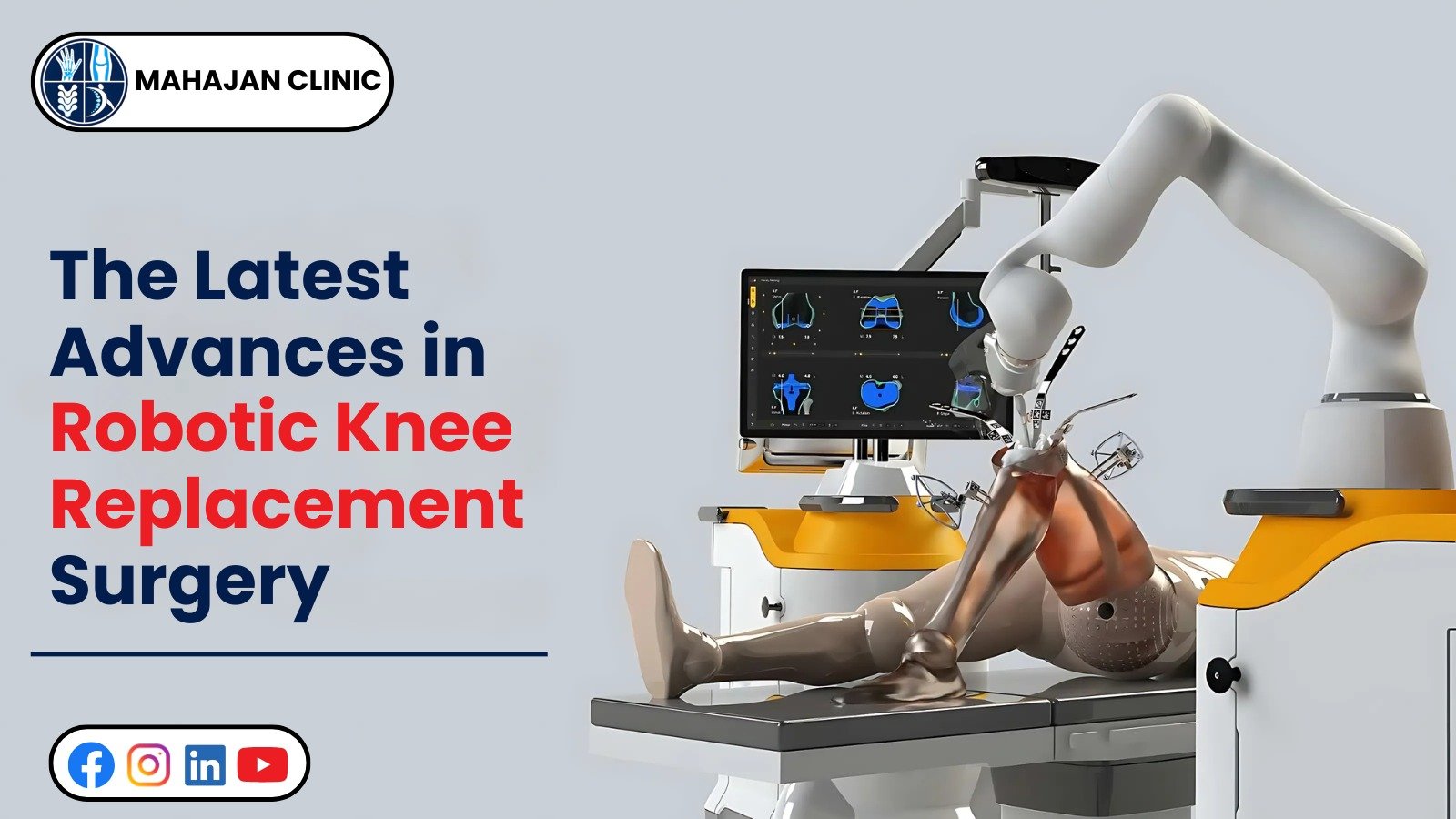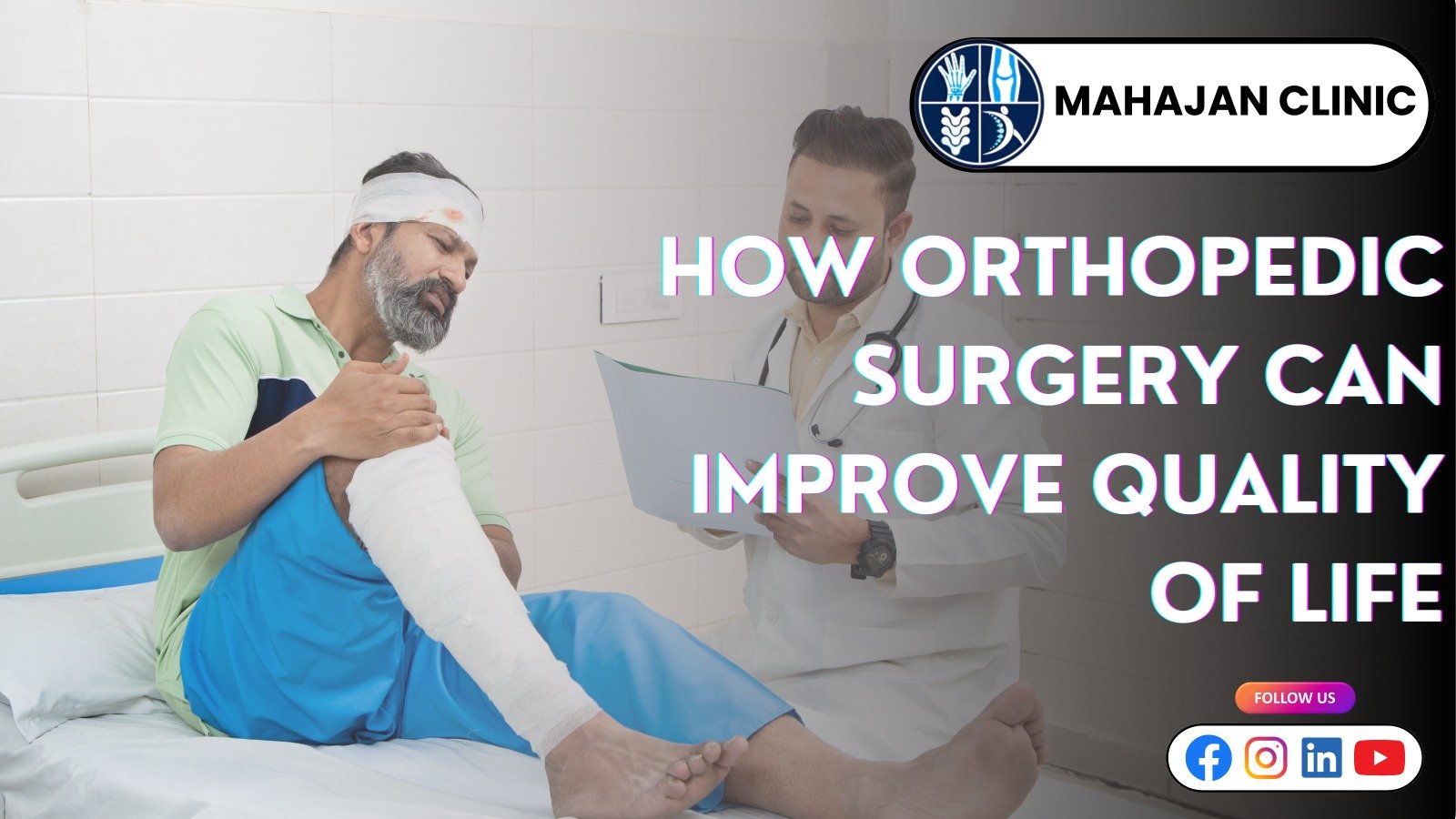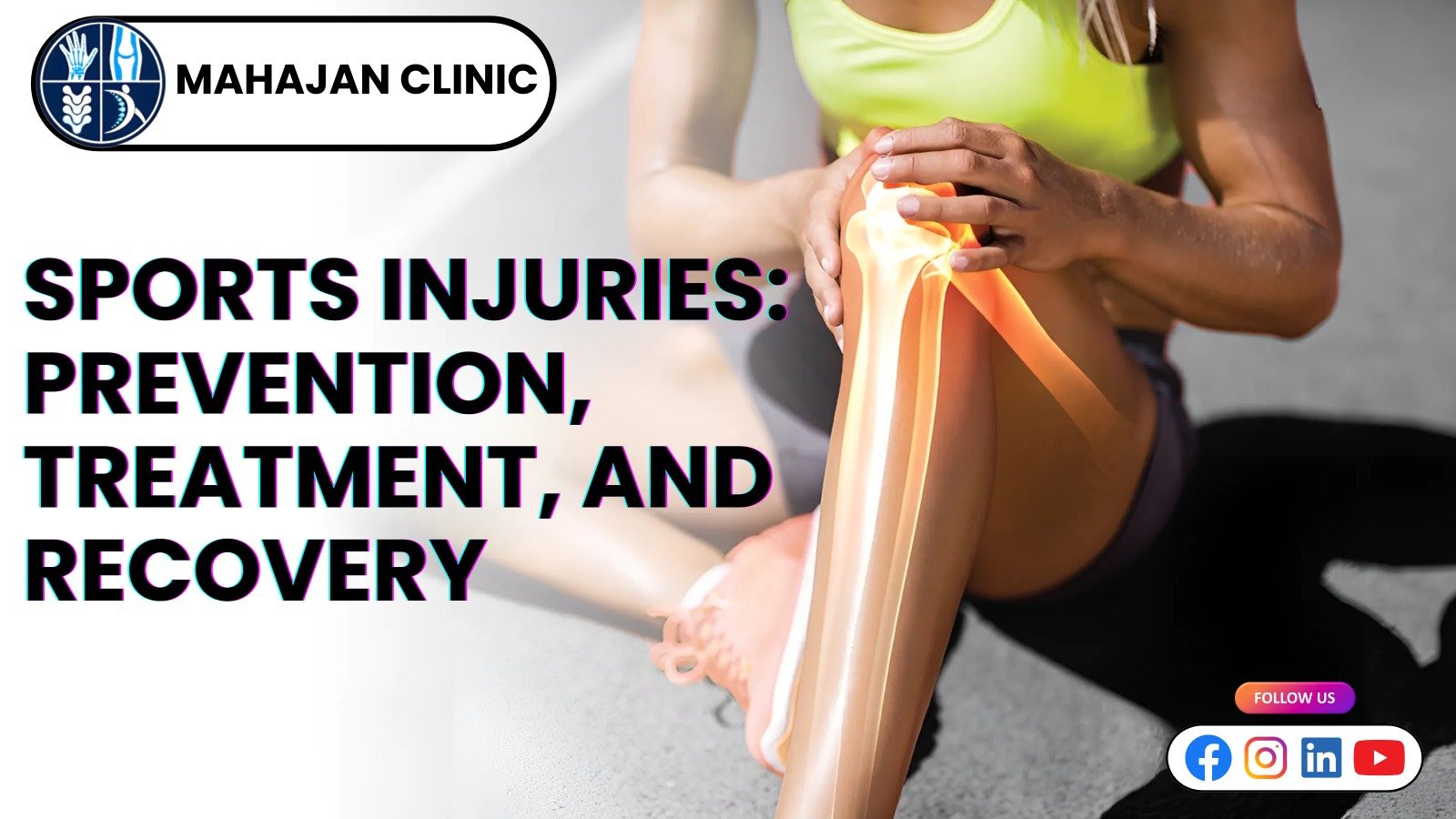Blog Details
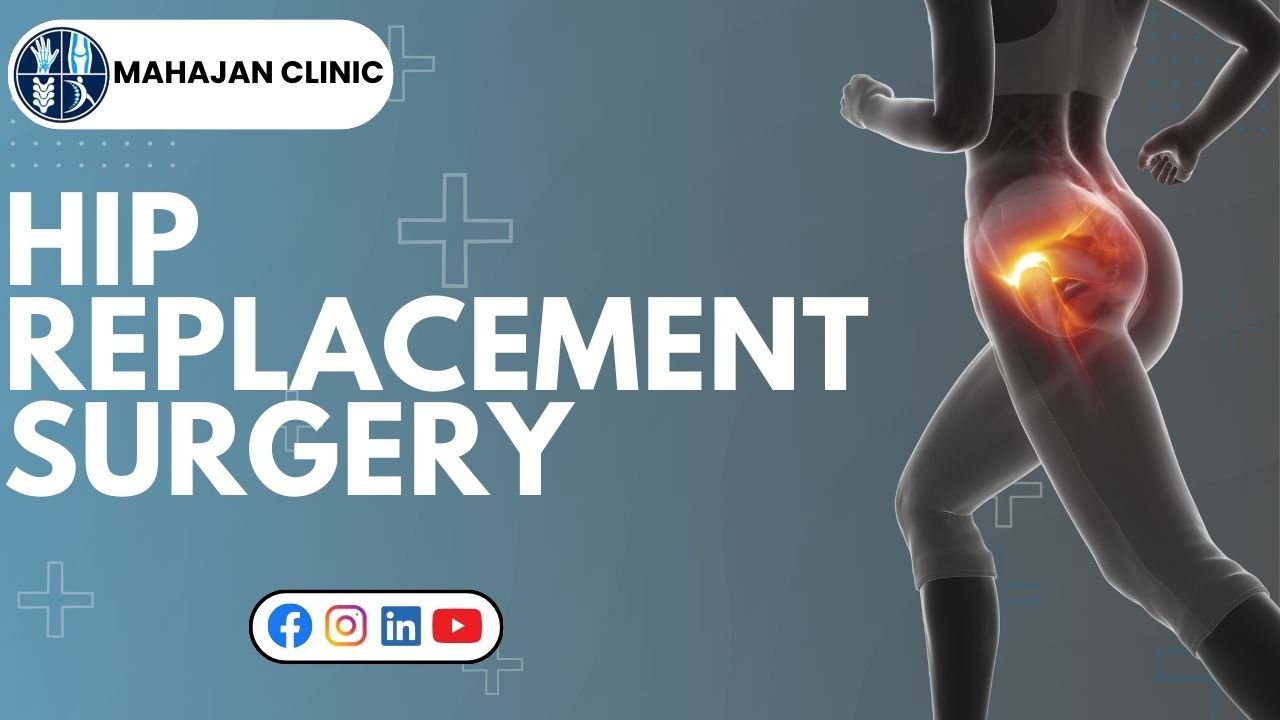
Hip Replacement Surgery: What to Expect and Recovery Tips
Hip replacement surgery is a common procedure performed by the Best Orthopedic Doctor in India, where a damaged or arthritic hip joint is replaced with an artificial one. This surgery is often recommended for individuals who suffer from severe hip pain, stiffness, or limited mobility due to osteoarthritis, rheumatoid arthritis, or hip fractures. In this blog, we will explore what to expect before, during, and after hip replacement surgery, along with essential recovery tips to ensure a smooth and successful outcome with the guidance of the Best Orthopedic Doctor in India.
Why Hip Replacement Surgery?
Hip replacement surgery is an effective treatment option, particularly when conducted by the Best Orthopedic Doctor in India, for individuals who experience:
- Severe Hip Pain: Chronic hip pain that affects daily activities and reduces quality of life.
- Limited Mobility: Difficulty walking or performing everyday activities due to hip stiffness and pain.
- Deformity: Visible deformity in the hip joint caused by arthritis or injury.
Pre-Surgery Preparation
Before undergoing hip replacement surgery, the Best Orthopedic Doctor in India will ensure you are fully prepared by:
- Physical Examination: A comprehensive assessment of your health to identify any potential risks or complications.
- Imaging Tests: X-rays, CT scans, or MRI scans are performed to evaluate the damage to the hip joint.
- Medication Review: The Best Orthopedic Doctor in India will review your medications and advise any necessary adjustments.
- Pre-Surgery Instructions: You’ll receive guidelines on fasting, personal hygiene, and arranging post-surgery care.
The Surgery
Hip replacement surgery performed by the Best Orthopedic Doctor in India typically lasts 1-2 hours and includes:
- Anesthesia: General or regional anesthesia is administered to ensure a comfortable experience during the procedure.
- Incision: The surgeon makes an incision in the hip area to access the damaged joint.
- Replacement: The damaged joint is replaced with an artificial joint made from materials such as metal, ceramic, or plastic.
- Closure: The incision is then closed, cleaned, and dressed properly.
Post-Surgery Recovery
Once your surgery is completed by the Best Orthopedic Doctor in India, the recovery process will involve:
- Pain Management: Pain medication will be prescribed to manage discomfort.
- Swelling and Bruising: These are normal and will subside with time.
- Rest and Ice: It’s important to rest and apply ice to reduce swelling and pain.
- Physical Therapy: Rehabilitation through physical therapy will begin soon after surgery to enhance mobility and strength.
Recovery Tips
To ensure a smooth recovery, follow these essential tips from the Best Orthopedic Doctor in India:
- Follow Doctor's Instructions: Adhere closely to your doctor’s advice regarding medication, exercises, and post-op care.
- Take Pain Medication as Directed: Proper pain management is crucial for a comfortable recovery.
- Rest and Elevate: Rest your leg and elevate it to reduce swelling and promote faster healing.
- Use Assistive Devices: Walkers or crutches may be recommended by the Best Orthopedic Doctor in India to improve mobility and prevent falls.
- Perform Gentle Exercises: Simple exercises like ankle rotations or leg lifts can enhance circulation and mobility.
- Monitor for Infection: Keep an eye on signs of infection, such as redness or increased pain, and contact your doctor if necessary.
- Attend Follow-Up Appointments: Regular follow-up visits with the Best Orthopedic Doctor in India are essential to monitor recovery progress.
Overall Summary
Hip replacement surgery, when performed by the Best Orthopedic Doctor in India, is an effective solution for individuals suffering from severe hip pain and limited mobility. Knowing what to expect before, during, and after surgery, along with following the recommended recovery tips, will help you achieve a successful recovery. Always follow the instructions from the Best Orthopedic Doctor in India, take medications as prescribed, and incorporate gentle exercises into your routine for optimal healing and mobility improvement.
